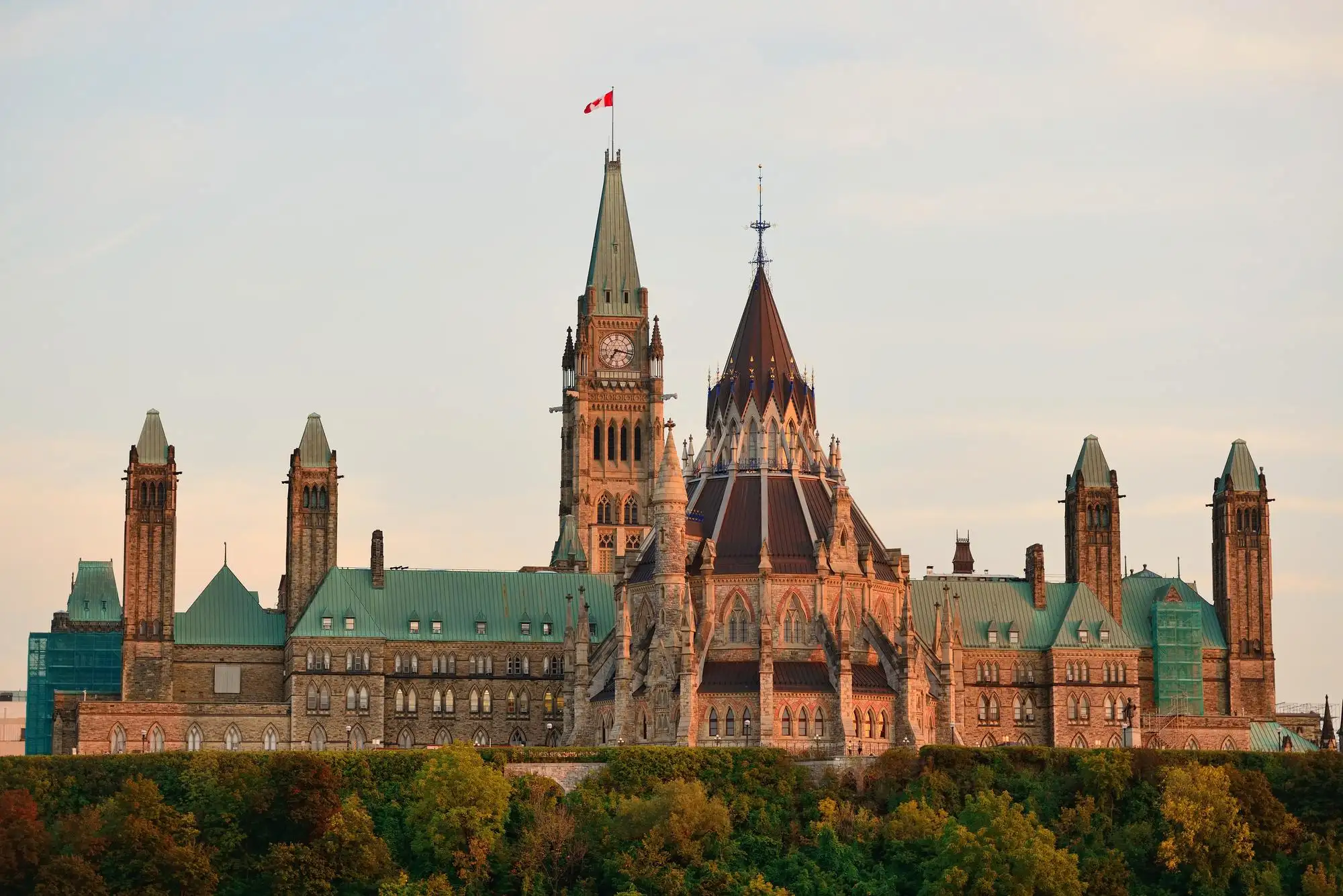Canadian resident individuals, corporations, and certain trusts have to file a unique form called Form T1135 if, at any time during the year, they owned foreign property costing more than $100,000.
There are significant penalties for failure to file Form T1135 or for making a false statement or omission. The maximum penalty could be anywhere from $2,500 per year. It could go up to $12,000 if you did this knowingly or under circumstances amounting to gross negligence.
In CRA’s view, cryptocurrency would be foreign property to the extent that it is situated, deposited or held outside of Canada and not used or held exclusively in the course of carrying on an active business.
If you hold cryptocurrency in an exchange located outside Canada, you may be exposed to significant CRA penalties. You may want to consider avenues to avoid this penalty. Feel free to contact one of our advisors for advice on how you may be able to avoid the penalties.
We’re happy to help
If you have any questions about our article, please feel free to schedule a free consultation with one of our team members.


